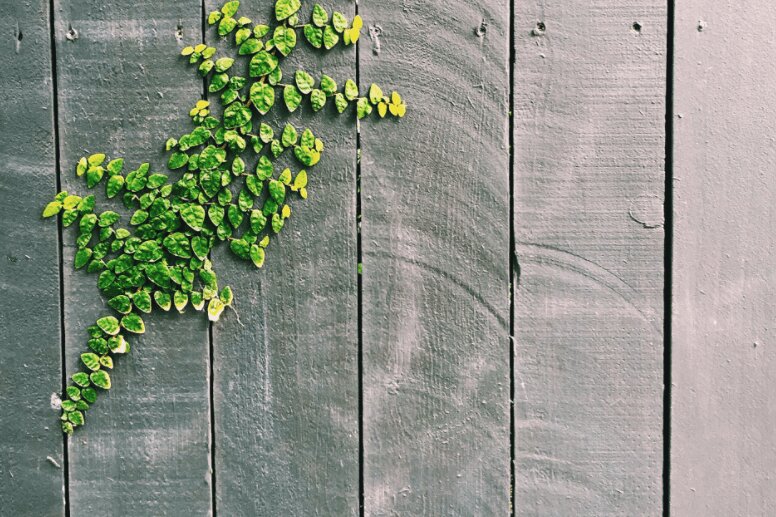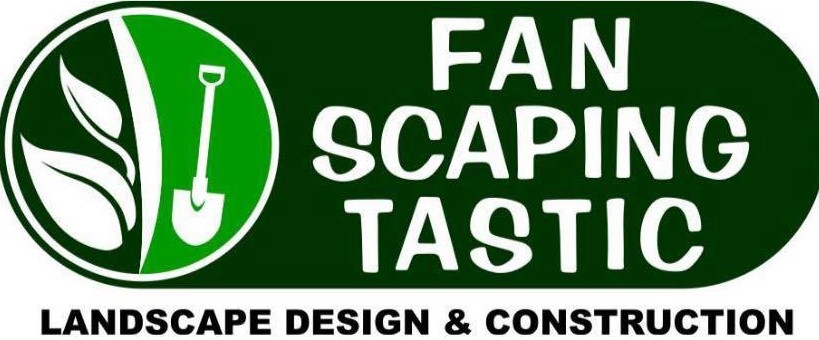
What To Know About Garden Fencing Panels
Garden fencing panels are suited for all types of fencing and can be used to reinforce the privacy of a landscape. Their purpose is to not only absorb noise and keep stray dogs and other strangers outside your garden, but to also allow interaction between the homeowners and the neighbors. They serve a functional purpose overall, but they can also be used for beautification methods to amplify the aesthetic value of the property. This can increase the curb appeal and make your home far more valuable in the real estate market.
There are many options widely available in the market so it can become incredibly difficult to pick a type of fencing panel that matches the preferences of customers. Different companies offer different sizes as well, so the bewilderment does not seem to decrease.
With this article, you will get a closer look at the various materials available for garden fencing panels and can choose which one is the best for your front yard or backyard. Other factors, such as cost and durability, will also be included within each material for you to make a more informed decision.
Materials Used For Panels
1. Wood: A classic option that is still immensely popular among gardeners across Australia. For anyone who finds beauty in simplicity, wooden panels are made specifically for them. These panels can be installed very easily by fencing contractors and are anchored by either concrete or wooden posts. Besides easy installation, the reduced cost and the ability to paint it according to the color palette of your home is also another advantage. How long the panels themselves last depends entirely upon the type of wood you choose. If a customer is inclined towards using impregnated wood, chances are they won’t last as long as a customer who has chosen hardwood options such as chestnut or oak. Another downside that remains is the increased greying of wood, so maintenance costs are quite high.
2. Metal: If security is at the top of anybody’s priority list, do not hesitate to suggest metal fencing panels to them. The costs will skyrocket but the added safety due to the strength of the material is what makes them well-known among gardeners. Depending on how thick or thin your panels are, they might offer little to no privacy – it also depends on the design specifications. However, there are plenty of other advantages, namely the high customizability in terms of design and the heightened beauty of metal panels. These type of panels also requires significantly less maintenance, so you are set if you have decided to invest in metal fencing panels. They are also far more durable and can tolerate harsh weather conditions with unwavering strength. Ideally, this option should be kept in mind if your budget allows you to invest in other areas of the garden.
3. Concrete: Concrete panels are designed in such a way to add a modern touch to your garden and the border that frames it ever so elegantly. Its lack of colors might make it very drab or lackluster but by combining some decent posts that anchor the panels, it becomes much easier to appreciate concrete panels. They should be considered over a brick wall as they are not that expensive, and require little to no maintenance. These also have the unique ability to absorb a lot of noise, so if the dogs in your neighborhood are barking too loud, you have the ability to block out the noise with your panels. If customers choose to make it tall, concrete panels can also offer some much-needed privacy to new families in new neighborhoods. The downside is you’ll need a fencing contractor to install the panels into their slots as DIY installation won’t cut it, but the added cost is definitely worth the heaps of benefits that come with it.
4. Composite: Also known as Wood Plastic Composite or WPC, composite is an amalgamation of two materials, namely synthetic fibers or plastics such as polyethylene and wood. There are other types of composite materials called Bamboo Plastic Composite or BPC, which mixes plastic with bamboo to form bamboo fiber. Among the two, BPC offers more strength and hardness but definitely has a higher price tag than WPC. Composite materials use the best of both worlds of plastic and wood and lend significant benefits to the homeowners. These panels don’t lose color that soon and don’t crack or rot easily due to termites, so rest assured they will last you an entire lifetime. The low maintenance requirements mean they don’t need to be oiled or painted – although you can for more aesthetic purposes. You can also recycle it, making it environment-friendly. The downsides are that these panels are susceptible to deformation and irregularities in shape and size if the fencing contractor you hired is not careful. They are also more prone to scratches and dents, which can initially be concealed by intense sanding, but deeper scratches are much harder to remove. Composite panels cost the same as most hardwood panels, just with the additional benefits.
Placing the Panels During Installation
You can either place them vertically or horizontally. Modern designs suggest that horizontal fencing has far more suave and elegance, but if you choose to go in the retro direction, nobody will stop you. More importantly, you’ll need to decide what the poles shall look like and what material they will be made of. The panels are usually connected to these poles with metal clamps and bolts. Among materials for the posts, you can choose between metal, wood, or concrete. Despite the hefty price tag, concrete poles last the longest, whereas wooden poles will only last more than a decade if you use hardwood panels. Metal poles are usually impregnated and are subject to rot and other weathering processes.
Conclusion
So you can see very clearly how garden fencing panels will brighten up the view of your garden, not just from the inside, but from the outside as well. They offer privacy, security, and high levels of noise absorption with a touch of sophistication. We hope this guide will allow you to choose wisely when deciding which garden fencing panels are the best for your garden.


Recent Comments